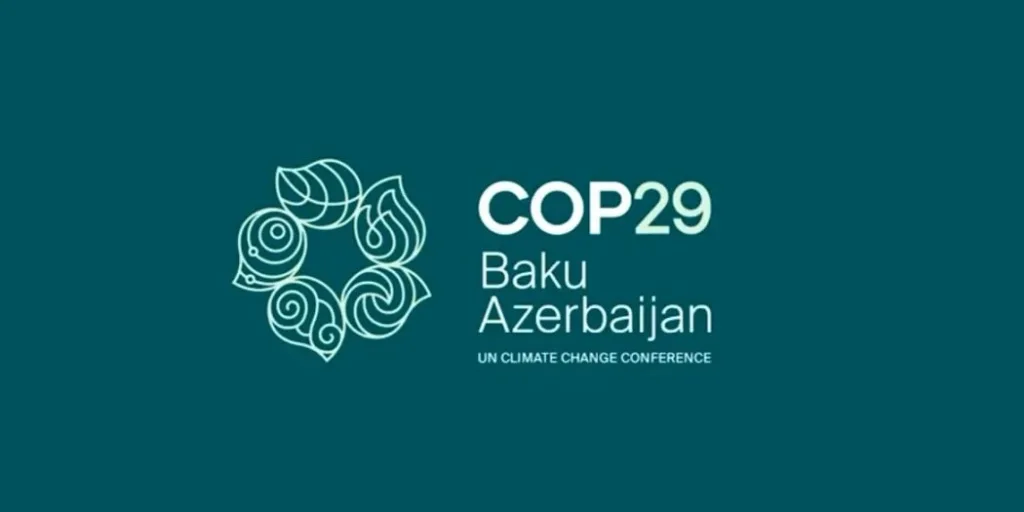Countries at the COP29 conference in Baku reached a groundbreaking agreement. A $300 billion annual fund will support poorer nations in addressing climate change. Wealthier countries will lead the funding efforts. The new $300 billion target will replace the earlier $100 billion goal. That target, set in 2009, was met late in 2022 and will expire in 2025.a
Mixed Reactions to the Agreement
The agreement received criticism from developing nations, who believe the amount is insufficient. However, U.N. climate chief Simon Stiell called it a step forward.
“This deal protects billions of lives and boosts clean energy,” Stiell stated. “But like insurance, it only works if payments are made fully and on time.”
The conference extended beyond its scheduled time as delegates debated for days. Some representatives walked out, protesting that the process excluded their voices. Smaller nations expressed concerns about fossil fuel producers weakening the deal.
A major debate centers around responsibility. Wealthy nations have contributed most to global emissions. Developing nations argue that they bear the brunt of the climate crisis.
Global Carbon Credit Market Introduced
The agreement also established new rules for a global carbon credit market. This initiative could channel billions into projects like reforestation and clean energy development.
The world aims to limit warming to 1.5°C above pre-industrial levels. Surpassing this could lead to catastrophic outcomes. Yet, current projections estimate warming could reach 3.1°C by 2100.
The deal prioritizes contributions from wealthy nations such as the U.S., Canada, and European countries. While developing nations are encouraged to contribute, they are not required to do so.
Small Nations Demand More
Delegates from small island nations criticized the fund as inadequate. “It’s a start, but not enough,” said Tina Stege of the Marshall Islands.
Wealthy nations face economic pressures, including rising global conflicts and domestic challenges, which could impact their contributions.
This year is on track to be the hottest on record. Floods, droughts, and storms have devastated communities worldwide, affecting both developing and developed nations.
Looking Ahead: COP30 in Brazil
The next summit in Brazil will focus on implementing detailed climate action plans. With the climate crisis worsening, nations must act quickly to turn agreements into tangible progress.
For well timed and complete information updates, follow with Danreadnews.


